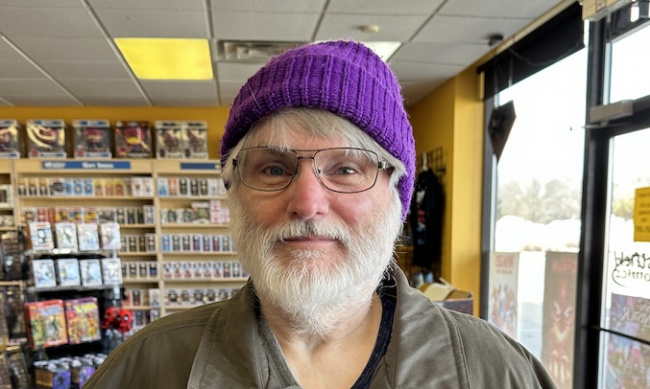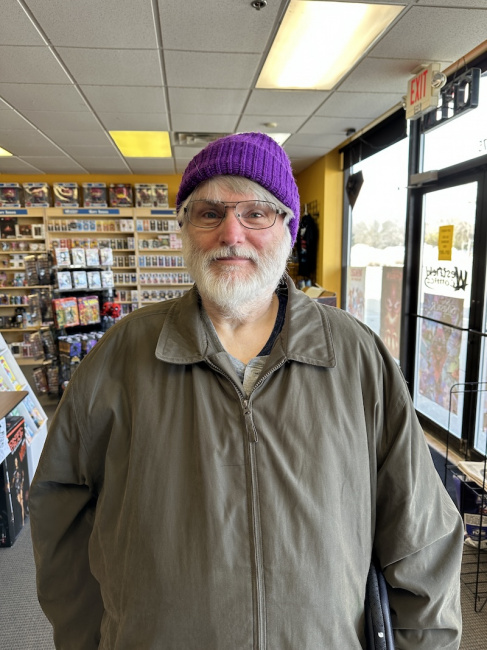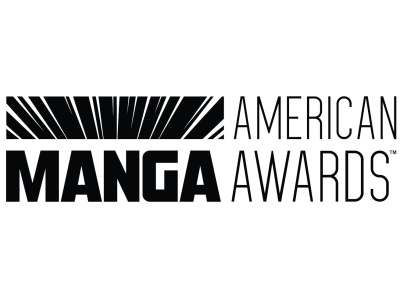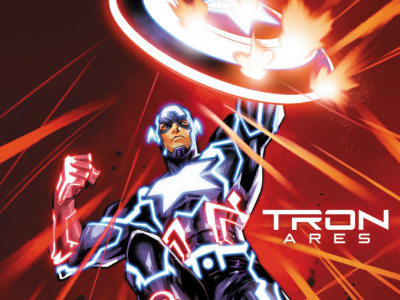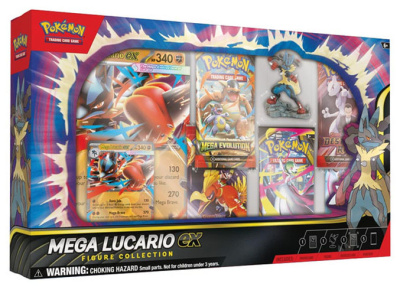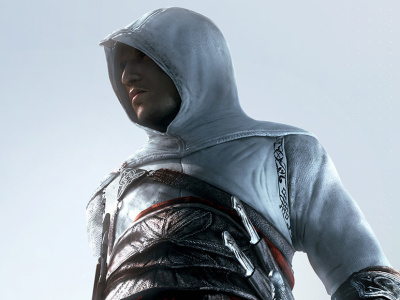Carlson was born in Wisconsin in 1956 and learned to read from comics, starting when he was four years old. For his fifth birthday, his grandmother gave him a subscription to Walt Disney’s Comics & Stories, which he kept through his college years, and he developed a taste for superhero comics when he was 10 or 11, focusing on DC Comics because, as he explained it, the kid across the street collected Marvel comic books and they would trade. As a teenager, he fed his comics habit by working for a local magazine distributor, who allowed him to take home the "stripped" comics (unsold issues for which the retailer would get a refund) that were supposed to go into the trash.
Later, while attending the University of Wisconsin at Eau Claire, Carlson got his first taste of comics retail, working at Truckers Union, a record store and head shop that carried underground comics. In those days (the late 1970s), mainstream comics were getting hard to find, and Carlson convinced his boss to start carrying them. They set up an account with a regional distributor, and Truckers Union was one of the first stores to sign on with Capital City Distribution when it was started by ICv2 Editor-in-Chief Milton Griepp and John Davis in 1980 (see “Milton Griepp on Capital City Distribution”).
Two years later, Carlson moved to Madison to take a job with Capital City, first in the warehouse, later as office manager and, briefly, assisting with the monthly catalog. After several years, he left Capital City and went to work for the Madison retailer Westfield Comics.
Carlson is best known in comic circles for his work as an editor at DC. He made his first trip to the DC offices, then in New York City, in 1983, traveling on Capital City business with Griepp and Davis, and it was a memorable one. As he later reminisced on the Westfield Comics blog:
The three of us were in the back of a NYC cab when, out of nowhere, we were hit by another taxi cab. It wasn’t a bad accident, but we were shook up a little bit. Our cab driver, rather than check to see if we were okay, instead jumped out of the cab and ran to the other cab, pulled the driver out of the cab and started screaming at him. The second driver screamed back. I think there were some punches thrown, but I don’t recall any of them landing. All I really remember was sitting, dazed, in the back of this cab, when John turned to me and said, “Welcome to New York City!”
He later interviewed for a job with DC’s short-lived alternative comics imprint Piranha Press, but that interview didn’t go well:
I tanked the interview while they were explaining some of the nuts and bolts of how the new imprint was going to work. Someone had mentioned something about how DC would retain most of the rights to what was going to be published, and I jumped in and said something like “Well, that’s not going to work.” … If DC wasn’t going to offer the same kind of creator rights being offered by the indy publishers, then they weren’t going to get any of the big-name guys they obviously wanted.
Nonetheless, he did get a job with DC Comics in 1989, less than a year later, when DC Design Director Richard Bruning hired Carlson as his assistant. (The two had met in Madison when Bruning was the editor for Capital City’s Capital Comics.) Carlson’s duties included everything from logging artwork to editing comics and letter columns to going to DC’s printer in Montreal to check the comics as they were being printed. Bruning left DC for a time in 1990 and Carlson left soon afterward, returning to Wisconsin, where he worked briefly on Comics Retailer magazine for Krause Publications. In 1992, he returned to DC as an editor, responsible for Legion of Super-Heroes and several other series. Carlson also edited DC’s early trade collections, helping to shape a format that has become the predominant one for many readers.
Carlson left DC for good in 1997 and moved to Richmond, Virginia, with his wife-to-be Johanna Draper (Carlson, they married in 1999). There he worked as assistant manager of a comic shop and wrote several comics stories, including "Wish Fulfillment" in Legion of Super-Heroes #109 and “Missing Persons” in Legionnaires #66. He also wrote a column for the Westfield Comics blog for over a decade. He returned to Wisconsin for good in 2013.
Carlson had an encyclopedic knowledge of comics, far beyond most fans or pros, and he was also incredibly funny and kind. As his friend Donald Propsom commented on Facebook, "He leaves behind his wonderful wife Johanna, a comic industry worth of friends and a million memories. He will be greatly missed."



